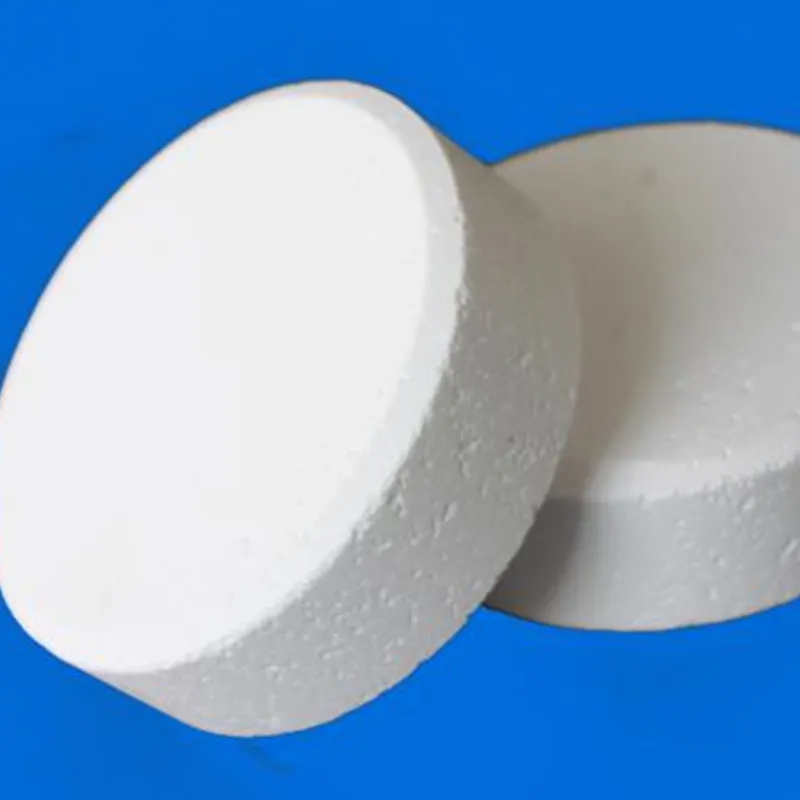
monosodium glutamate use
Monosodium glutamate (MSG) has long been a topic of both culinary inspiration and controversy. Renowned for its ability to enhance flavor, MSG is a sodium salt derived from glutamic acid, an amino acid found naturally in many foods, including tomatoes and cheese. In the culinary world, it acts as a flavor enhancer, intensifying the savory taste known as umami, which many chefs and home cooks rely on to elevate their dishes.
The use of monosodium glutamate can be traced back to its discovery in 1908 by Dr. Kikunae Ikeda, who recognized the unique taste of konbu (a type of seaweed) and aimed to isolate its flavor component. This led to the commercialization of MSG, which quickly gained popularity particularly in Asian cuisines. Dishes from Chinese stir-fries to Japanese ramen often utilize MSG to provide a depth of flavor that can be hard to achieve through traditional seasoning alone.
.
Organizations such as the Food and Drug Administration (FDA) and the World Health Organization (WHO) have deemed MSG safe for consumption, highlighting that ordinary intake levels do not pose any health risks to the general population. Nonetheless, some individuals might be sensitive to MSG and experience mild reactions, which underscores the importance of personal preference in dietary choices.
monosodium glutamate use

In cooking, the use of MSG can be beneficial for various reasons. It enhances flavors without adding extra salt, making it a great option for those looking to reduce sodium intake while still enjoying rich, savory tastes. Additionally, MSG can help improve the palatability of lower-quality ingredients in processed foods, leading to better overall satisfaction with the meal.
As awareness of MSG continues to grow, so does the interest in natural alternatives. Many chefs are now exploring other methods to achieve umami flavor, such as using fermented ingredients, mushrooms, and aged cheeses. However, for those who appreciate the efficiency and effectiveness of MSG, its use remains prevalent in both home kitchens and restaurants.
In conclusion, monosodium glutamate serves as a valuable tool for flavor enhancement, possessing unique properties that can elevate culinary endeavors. While continuing to navigate the discussions surrounding its safety and effectiveness, it remains a staple in diverse cuisines around the world. Ultimately, as with any ingredient, moderation and informed choices are key. MSG can indeed be a flavorful addition to dishes when used thoughtfully, allowing for an enriching dining experience.
-
The Safety Challenges of Ammonium Nitrate FertilizerNewsJun.26,2025
-
The Critical Role of Mining ChemicalsNewsJun.26,2025
-
Shelf Life of Glacial Acetic Acid Food GradeNewsJun.26,2025
-
Enhancing PVC Longevity with 1,2,3-Benzotriazole InnovationsNewsJun.26,2025
-
China’s Dominance in Food Additive ProductionNewsJun.26,2025
-
Can Aluminum Hydroxide Replace More Toxic Alternatives?NewsJun.26,2025
-
PE and PP Plastics with Benzotriazole AdditivesNewsJun.12,2025
Hebei Tenger Chemical Technology Co., Ltd. focuses on the chemical industry and is committed to the export service of chemical raw materials.
-

view more DiethanolisopropanolamineIn the ever-growing field of chemical solutions, diethanolisopropanolamine (DEIPA) stands out as a versatile and important compound. Due to its unique chemical structure and properties, DEIPA is of interest to various industries including construction, personal care, and agriculture. -

view more TriisopropanolamineTriisopropanolamine (TIPA) alkanol amine substance, is a kind of alcohol amine compound with amino and alcohol hydroxyl, and because of its molecules contains both amino and hydroxyl. -

view more Tetramethyl Thiuram DisulfideTetramethyl thiuram disulfide, also known as TMTD, is a white to light-yellow powder with a distinct sulfur-like odor. It is soluble in organic solvents such as benzene, acetone, and ethyl acetate, making it highly versatile for use in different formulations. TMTD is known for its excellent vulcanization acceleration properties, which makes it a key ingredient in the production of rubber products. Additionally, it acts as an effective fungicide and bactericide, making it valuable in agricultural applications. Its high purity and stability ensure consistent performance, making it a preferred choice for manufacturers across various industries.











